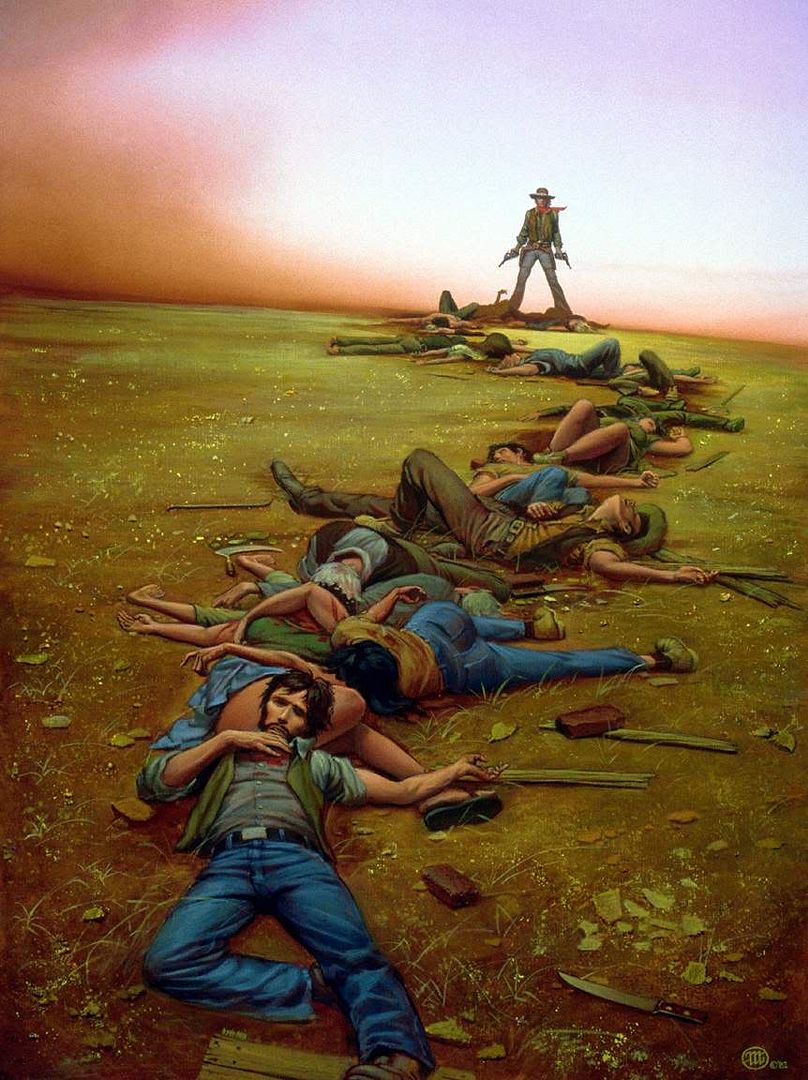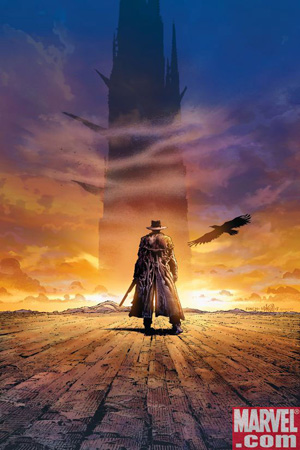“THAT’S *IT*! YOU AREN’T WERE IN MY MAGAZINE ANYMORE!” and other bizarre things you can (but shouldn’t) say when you edit an ‘electronic magazine,’ or ‘elecamazine,’ as I call it.

Anyway, here’s Matt addressing Blake:
>>Thanks, again, for being honest. That’s why HTML Giant is awesome.
I like being a stick in the mud as well, which is why I just removed your story and bio from the Thieves Jargon archive.<<
This caught my attention, because something very similar was said to me recently after I made some disparaging comments about my own work which had appeared in a back issue of a certain web journal which will not be named. (Mine came in the form of a threat; I haven’t checked to see if it was carried out.) Basically the editor’s thesis was, if I was critical of my own work, and by extension her magazine for publishing it (fairness to her: I was, and am) then fuck me too and she would “un-publish” me as a punishment.
I don’t know Matt, and I don’t read Thieves’ Jargon, so I’ve got nothing to say about him or his project that’s based on research or first-hand experince. But his comment, which may well have been made in jest, for all I know, really stuck with me, because in both cases–mine, and his, assuming the comment was in earnest–there seems to be a prevailing and unquestioned assumption that the purpose of publishing writing is to generate for the author a kind of “capital” or “currency,” which is then in some psychic sense “owed” to the editor, who seems to see him/herself as a sort of issuing bank.
This is a very bad way to think of yourself as an editor, and about the purpose of your editorial project in general. Of course, we know that at a certain level it is the truth of the case–a writer indeed does “get” something very real, albeit intangible (I don’t mean the check) from being in The New Yorker that s/he don’t get from being in Bicycle Goat Review. (Though, conversely, depending who you want to impress, you may well get something from Bicycle Goat that you don’t or can’t from the NY’ker. )
The question, to me, is whether generating this “currency” is the primary goal of the publication or just a happy side-effect. Answering this question is really easy. If you have to think about the answer to it for even a second, or if you are coming on the end of this sentence I’m typing now and still don’t know the answer, let me give you a clue: DON’T EDIT ANYTHING. YOU’RE NOT READY AND YOU WON’T BE GOOD AT IT.
When an editor of an electronic journal, who is in the unique situation of being able to “unpublish” in a way that no print editor can, threatens or actually carries out such an action, what they seem to reveal to me is the cravenness and intellectual bankruptcy of their own enterprise. When you do this, you deal a serious blow to your project’s institutional memory, its continuity, and its integrity. Plus you give a fiendishly literal twist to the phrase “So and so has been published in Bicycle Goat” as it appears in three-line bios all over the face of this great world.

Mourning the victims of Stalin's purges.
One of the most important things an editor can do is stand by the work he or she has published, even if–especially when–the author no longer does. We expect the author to grow and change, and maybe even to disown old work to make way for the new. The editor–especially when s/he is also the publisher and sole proprietor of the enterprise–is supposed to be a somewhat more practical cat, and to have a somewhat longer view of the situation.
Questions: if you “unpublish” me from your journal, does that mean my work is unpublished now? Is this like being a born-again virgin? And if I have a second change of heart, and love my work again, can I take the stuff you removed from Bicycle Goat and send it over to A Public Space? If/when my book comes out, and my work that you un-published is in it, should I put your journal on the copyright page like this: “Dinosaurs are Awesome” first appeared in Bicycle Goat A Public Space.

Crisis on infinite earths! Oh noes!
I’ll be the first to argue that editing and curating are artistic endeavors–at least as much as writing is–so if you want to disown an entire editorial project, that’s one thing, but to re-evaluate and selectively remove work you actually enjoyed and admired and were proud to publish based on personal offense at that writer’s (a) behavior, (b) lack of quid pro quo, (c) change of heart in re their own work and/or your magazine, (d) other, makes you one thing and one thing only: a bad editor.
Sorry, kids, but them’s the breaks.

Purity of heart is to will one thing.
